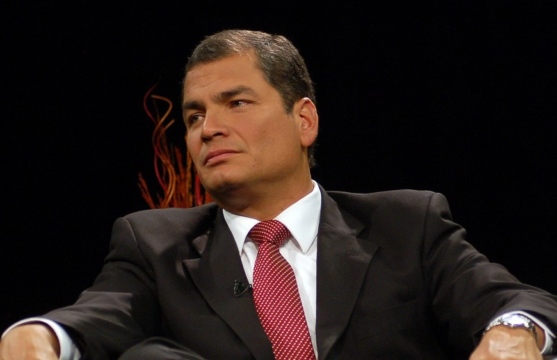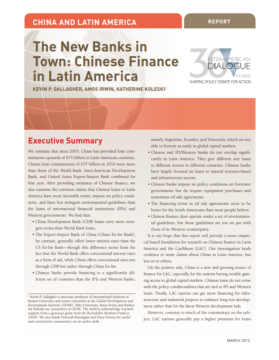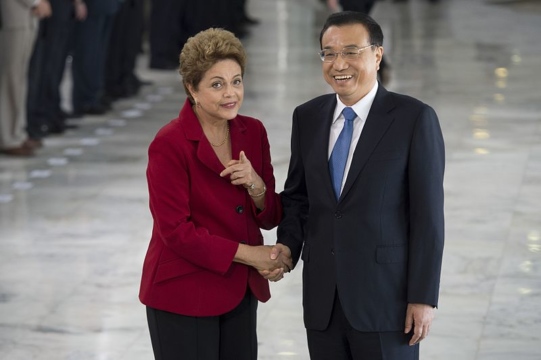
China’s Strategy in Brazil & the Southern Cone
What does China stand to gain from investing in Latin America’s energy projects? Where is China looking next in the region?
What does China stand to gain from investing in Latin America’s energy projects? Where is China looking next in the region?
China’s economic footprint in the region is expanding at a rapid pace. Can Latin American societies keep up?
How will increasing Asian investment in Latin America influence economics and politics in the region?
What are the most significant reforms that will come out of Correa’s new term? Will Correa respect the rights of the opposition?
Estimates of the volume, composition, and characteristics of Chinese lending to the region since 2005.
Although originally elected democratically, Ecuadorian president Rafael Correa has used authoritarian tactics to maintain power.
How will diplomatic relations between Ecuador and the US be affected after the expulsion of US Ambassador Heather Hodges?
At the Inter-American Dialogue, José Miguel Insulza described the events of September 30, in which Ecuadoran police brought the country to a standstill after they rioted and trapped President Rafael Correa in a Quito hospital for several hours.
The Ecuadorian education system has improved since the previous 2006 report. Ecuador has achieved to expand enrollment in basic education and most students complete the six years of regulatory primary education. The new evaluation system not only monitors students, but also teachers, management and curriculum, making it easier to identify…
Characterized by fragmentation and instability, Ecuador has reached an agreement on the need to achieve universal basic education. Although there have been significant efforts in this regard, during the last two decades, there are still children in rural areas who do not yet attend school. Nor do all children in…
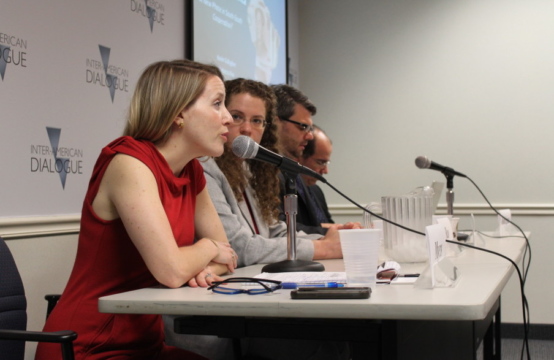 Video
Video
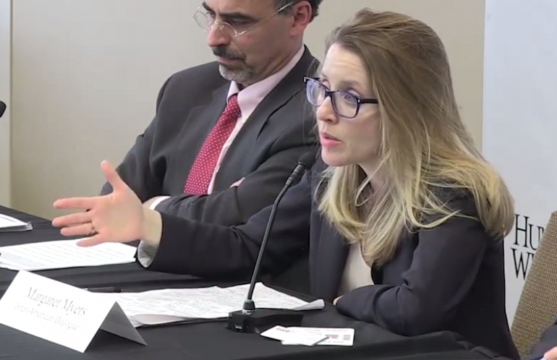 Video
Video
